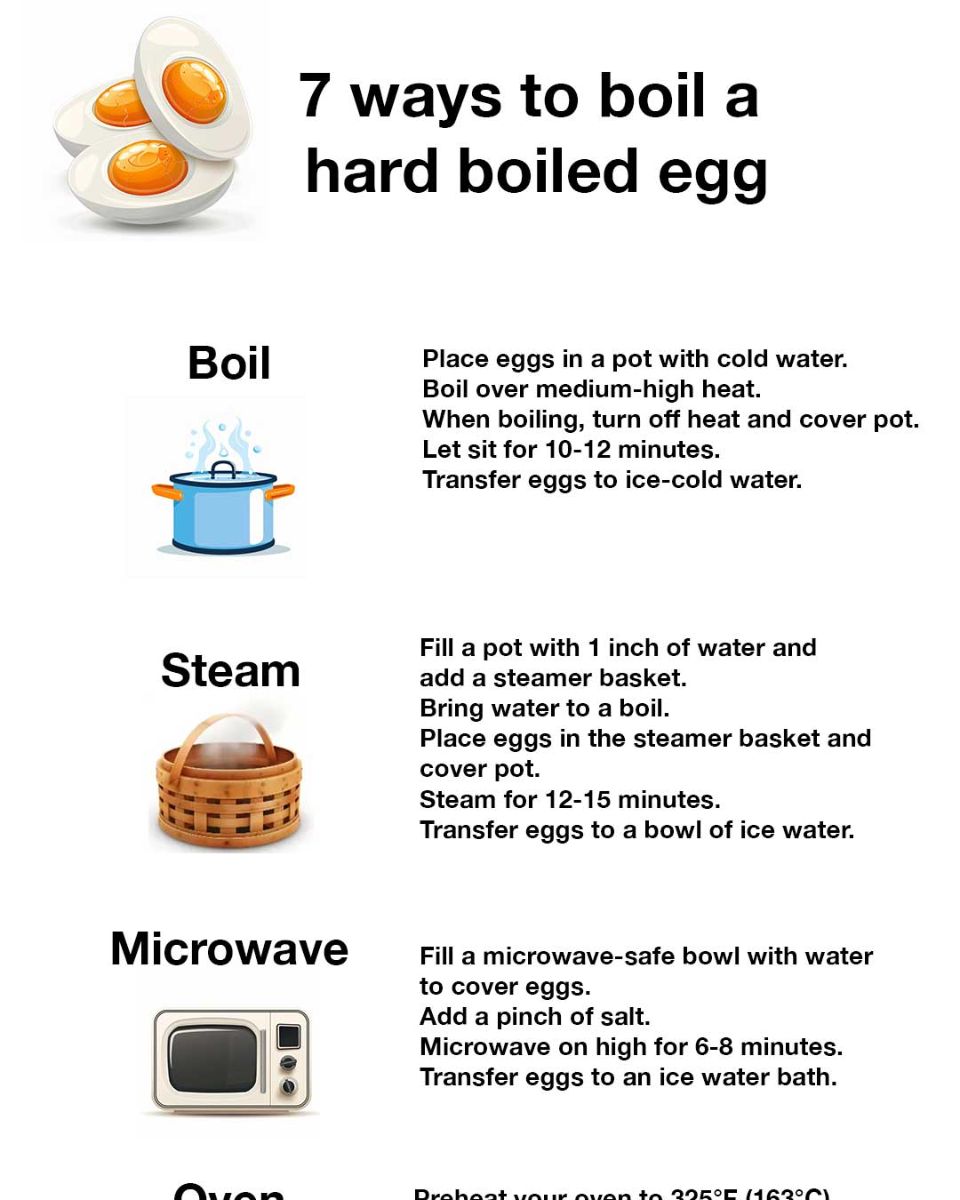Boiling a hard boiled egg might seem like a simple task, but achieving the perfect egg with a creamy yolk and firm whites can be a bit of an art. Whether it’s for a classic egg salad, a protein-packed snack, or a delightful addition to a breakfast plate, mastering this technique is essential. Why is this so important? Because a perfectly boiled egg can elevate your dishes and ensure you’re consuming properly cooked food.
You might wonder why you should read further into an article about something as seemingly trivial as boiling an egg. The answer is simple: diversity in cooking methods can have a huge impact on the final product. Each of the seven methods described below has its unique advantages and caters to different needs and preferences. Reading on will not only help you improve your culinary skills but also let you discover new and perhaps more efficient ways to prepare your favorite hard boiled eggs.
1. Traditional Boiling Method
Place eggs in a pot and cover them with cold water. Bring the water to a boil over medium-high heat. Once the water reaches a rolling boil, turn off the heat, cover the pot, and let the eggs sit for 10-12 minutes. Drain and transfer the eggs into a bowl of ice-cold water to stop the cooking process.
2. Steamed Hard Boiled Eggs
Fill a pot with about an inch of water and place a steamer basket inside. Bring the water to a boil. Carefully place the eggs in the steamer basket, cover the pot with a lid, and let them steam for about 12-15 minutes. Then, move the eggs to a bowl of ice water to cool.
3. Baked (Oven-Boiled) Eggs
Preheat your oven to 325°F (163°C). Place each egg in the cup of a standard muffin tin to prevent them from rolling around. Bake the eggs for 30 minutes. After baking, transfer the eggs to a large bowl of ice water and let them cool for 10 minutes.
4. Pressure Cooker (Instant Pot) Method
Next Page

